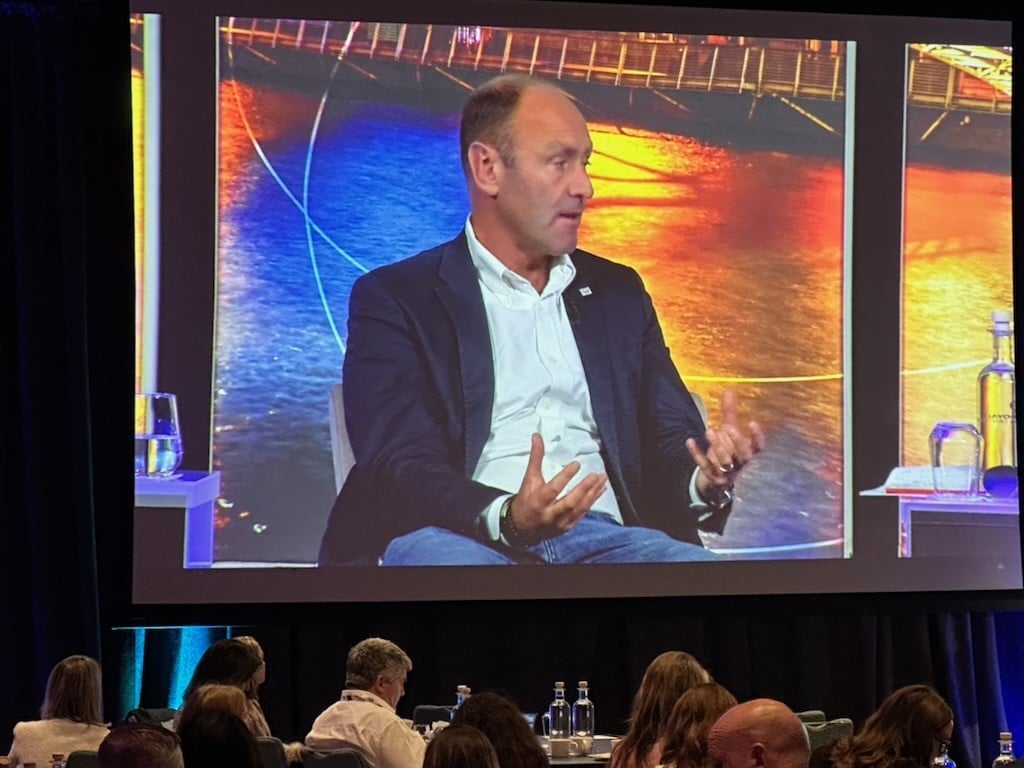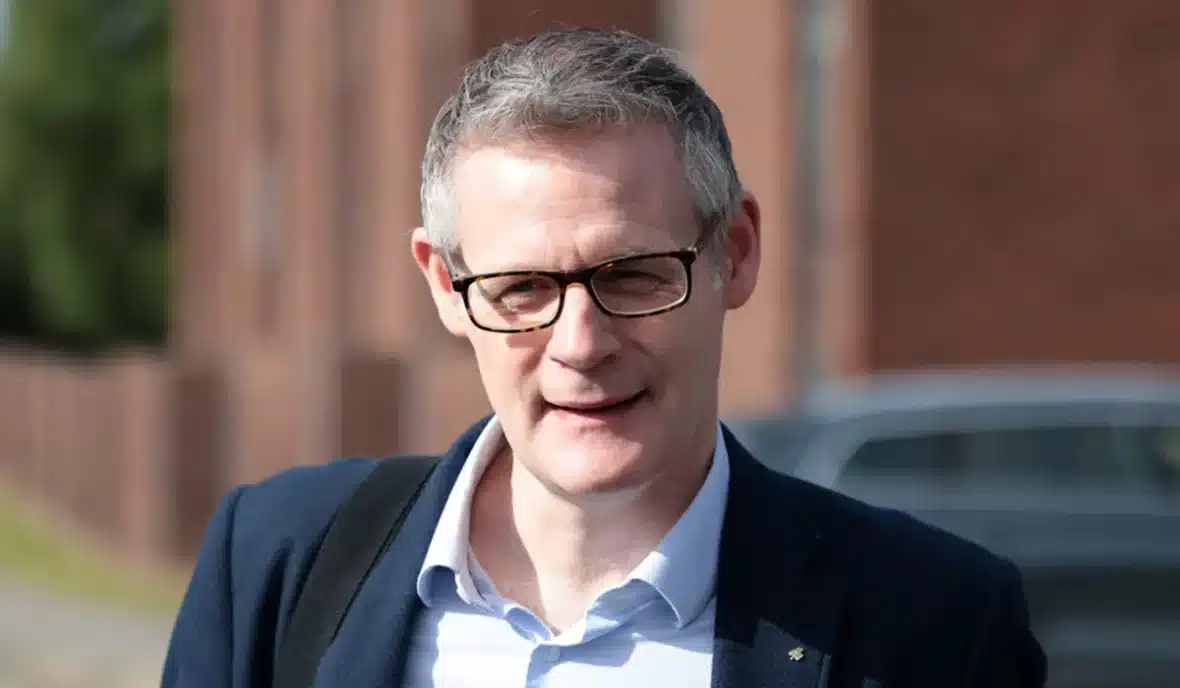The Government has been accused of being “simplistic” and “naïve” in suggesting spreading air traffic around Ireland’s regional airports as a viable solution to the problems being caused by the Dublin Airport passenger cap.
The fresh criticism comes after Tourism Minister Catherine Martin suggested the Government cannot intervene in what she said was a planning issue; and a growing expectation that the passenger cap problem may not be fully resolved until late 2025/early 2026 at the earliest.
In a panel discussion on the consequences of the 32 million per year passenger limit at Dublin Airport, at the ITIC (Irish Tourism Industry Confederation) annual conference on Wednesday, Aer Lingus’ chief corporate affairs officer Donal Moriarty said Ireland’s regional airports – such as Cork Airport – deal with point-to-point demand; while Dublin is a hub airport, designed for onward flight connectivity rather than just one-trip flight destinations.

As a result, he said simply spreading random traffic around airports is “not viable for airlines or passenger demand.”
Mr Moriarty agreed with the description of the passenger cap as a planning issue. However, he said it is a planning issue which is now causing “economic damage” to Ireland; adding that every 1 million people not arriving into Ireland is doing €4bn worth of damage to the country’s economy.

In the same discussion, Kenny Jacobs – chief executive of daa, which operates Dublin and Cork Airports – said the Dublin passenger cap controversy is hurting Irish tourism and Ireland’s economy and is damaging Irish tourism’s image on the international stage.
He said the issue will be economically damaging to Ireland both this year and next.
Mr Jacobs said the Government line about diverting excess air traffic from Dublin to regional airports is “simplistic”, “naïve” and doesn’t reflect how airlines or the EU’s Open Skies policy work.
Mr Jacobs said you cannot simply tell passengers they cannot fly to a destination they have booked. He said capping Dublin passenger numbers is not the right way to grow regional tourism.

He said daa is in favour of growing airline routes to Ireland’s regional airports – but only in tandem with growth at Dublin Airport, and not instead of it.
He said daa’s main goal is to “uncap” passenger numbers at Dublin Airport, through planning, and build traffic at Ireland’s regional airports.
Passengers, he said, want both destination options, not a substitute model, and he warned that the Government’s suggested solution risks losing Irish-bound passenger traffic to regional airports in the UK.
Mr Moriarty added that the Green Party’s idea of wider use of the regional airports to offset the growing numbers at Dublin is “just not going to work” and “is not how demand works and not how airline economics work”.
While daa has already said the 32 million passenger cap at Dublin Airport will be exceeded this year, it is now fully expected that the capital’s airport will see a fresh 1 million passengers fly into it next year.

Mr Moriarty said the first step in resolving the issue should be application for an interim extension of the passenger cap to 36 million people.
Mr Jacobs admitted daa should have applied for a wider cap “much sooner” back in 2018. However, he said the central problem is that the planning process “moves too slowly in Ireland”.
He said there is no need for another regulator, just a need to make current regulation better.
“It’s simply not working the way it works at the moment”.
